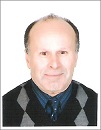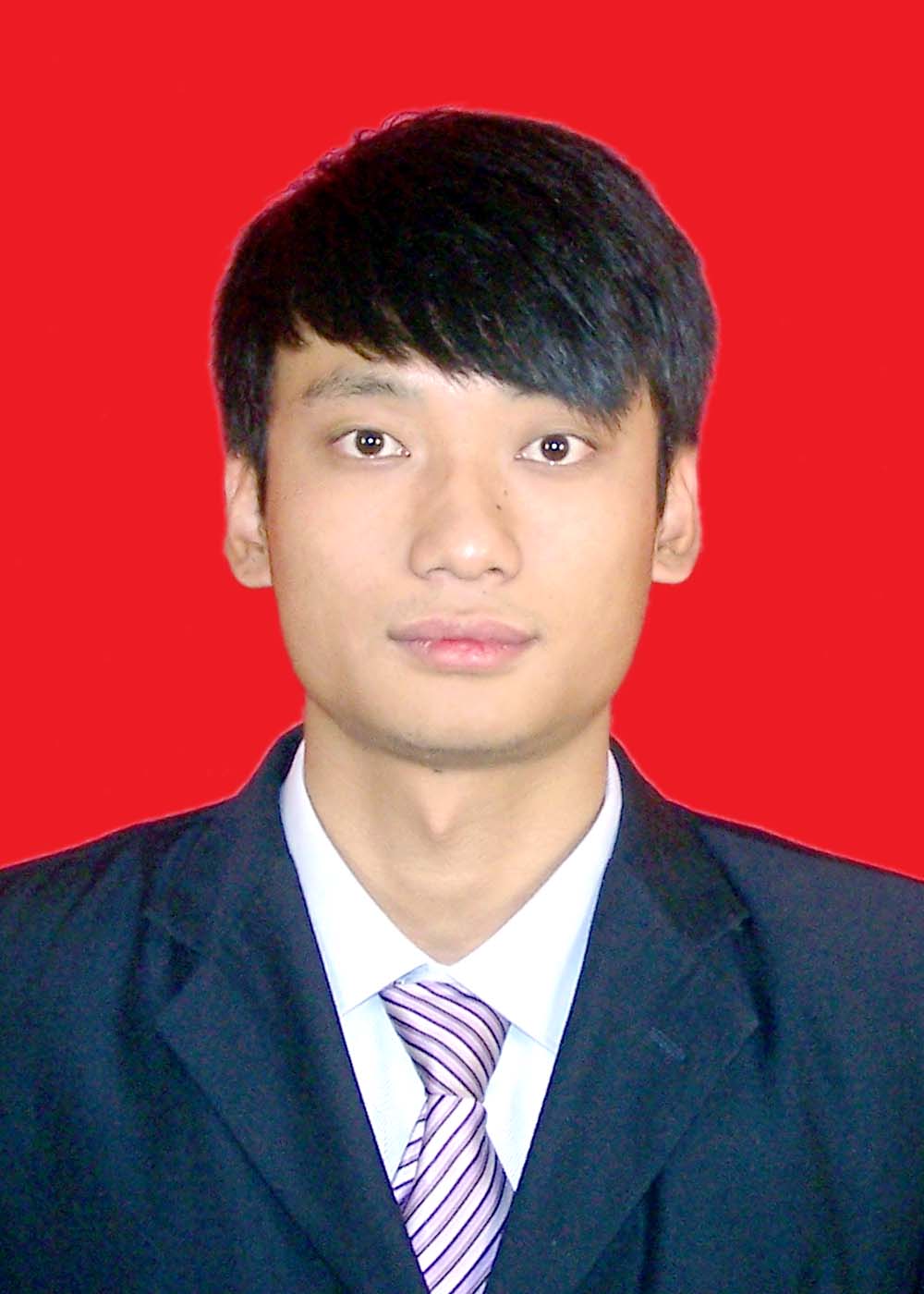


Section Collection Information
Dear colleagues:
The world energy consumption and the resulting CO2 emissions increase grow with a high rate, due to a high demand of a sustainable energy. The sun is considered as one of the clean resources and it’s responsible for continued life on the earth. As a result, the renewable energy such as solar energy, that is considered one of the green energy and clean energy.
The Solar energy is converted to electrical energy via using Photovoltaic (PV) systems. The advantage of solar energy could be summarized as follows:
a) Abundant availability,
b) No pollution,
c) Lack of greenhouse gas emission,
d) Low maintenance costs, f
e) Ewer limitations in site selection ,
f) Absence of mechanical noise.
As a result, the solar energy plays an important role in our lives daily.
Connected to grid PV as well as a standalone PV system (which is used in some places where electrical grid is not available) needs to be controlled. The PV system generates power depends on irradiation and temperature, then the power generated is transferred into the battery and the energy is stored in the battery; which transfer the energy via the power electronics to the load. The power electronics is main part of a PV system. This support the control of power electronics, to obtain more efficient performance for all kinds of PV system.
The PV system generation has two problems. The first problem the efficient electric power generated is low, and the second problem the amount of electric power generated from PV array change with the changes in weather conditions. Research work on control for solar PV system depends mainly on:
a) Conventional Techniques.
b) Distributed control Systems Techniques
c) Soft computing techniques as well as Artificial Techniques.
Thus, we are interested in the collective control subjects in the framework of Applied Photovoltaic Technology and advanced Control systems.
For this, it is important to collect the experiences of different advanced Control systems research related to Applied Photovoltaic Technology that have been implemented and consider their impacts on the research as well as on the application. Research articles and reviews in this area of study are welcome. We look forward to receiving your contributions.
Leading Section Editor:
Prof.Mohamed A. Moustafa Hassan
Section Editors:
Prof.El Hassan ZERRIK
Prof.Feixiang Li
Prof.Zhixue Zhang

